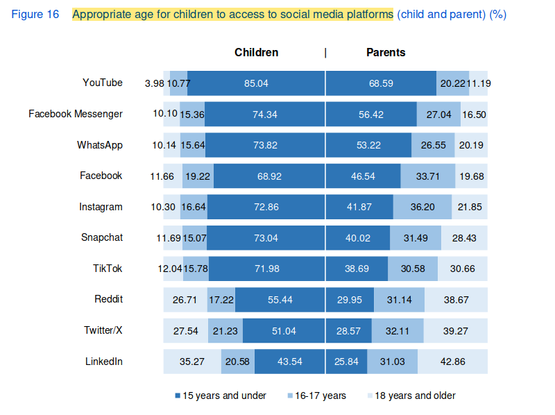Okay, I have read the Age Assurance Consumer Research report (https://www.infrastructure.gov.au/department/media/publications/age-assurance-consumer-research-findings) and will do a #tljr on it as a thread.
From here I'll put the thread behind a CW and unlisted, and you can filter on #tljr.
